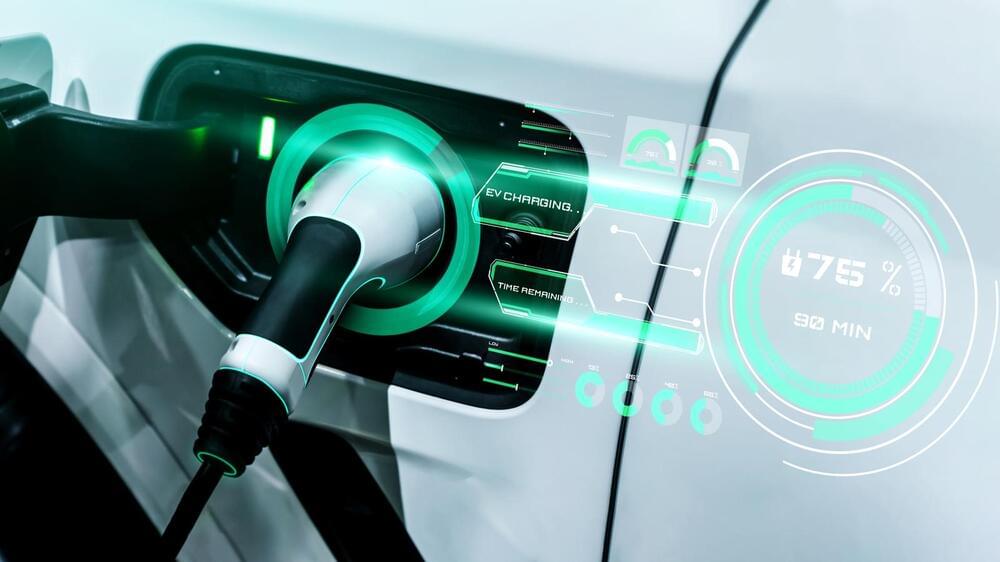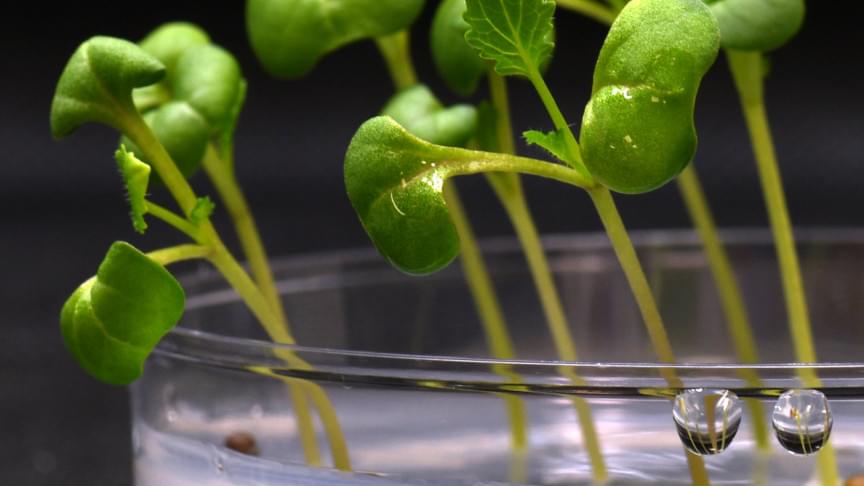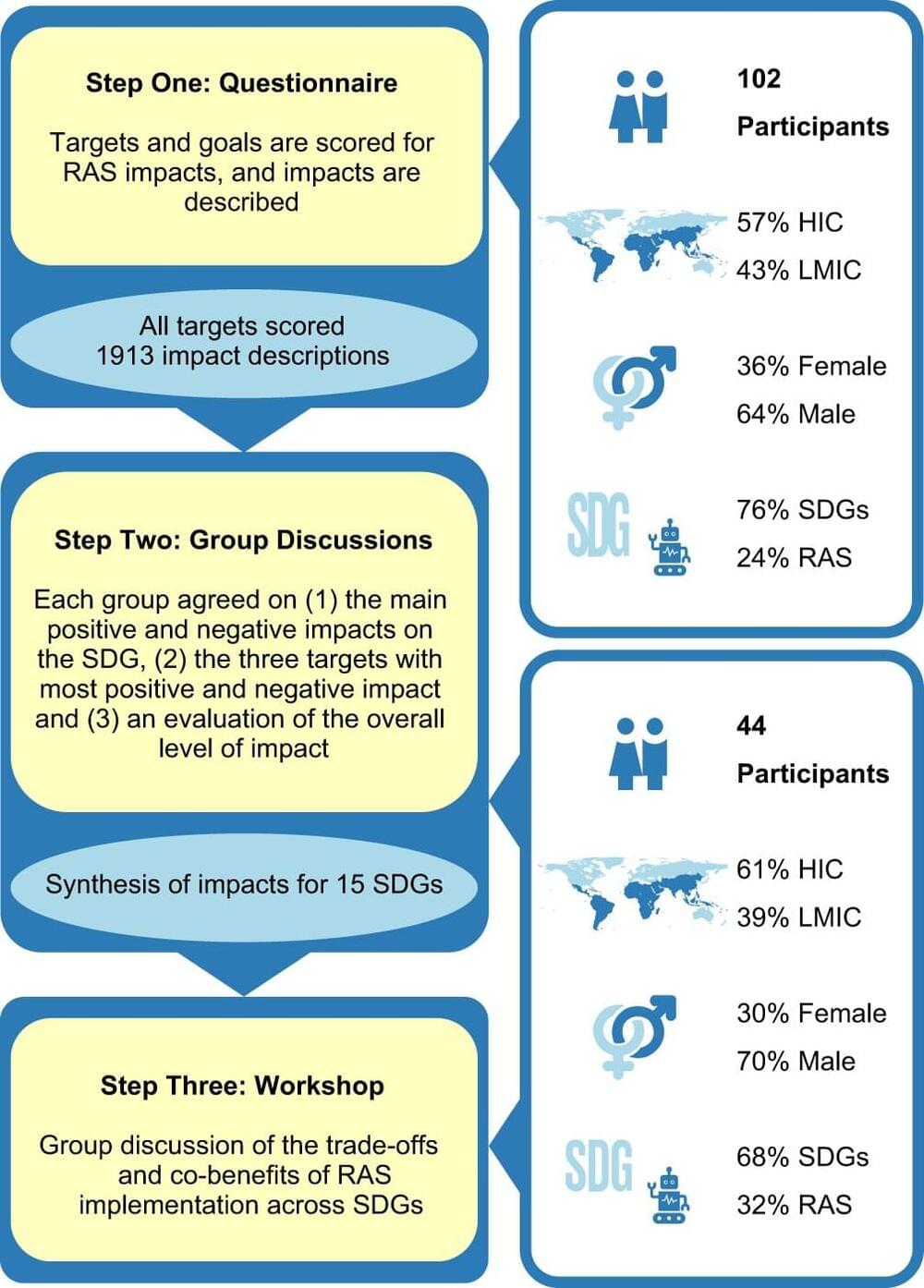
Category: sustainability – Page 339


What’s Going To Happen To The Millions Of Electric Car Batteries After Their Lifespans End?
While electric vehicles promise a green future, the batteries that power them don’t boast the same level of sustainability.
While driving electric vehicles is a step towards a greener future, the car batteries that power them are not as sustainable. Though the battery is at the heart of any EV, most are made from lithium-ion and have a limited lifespan that starts to degrade from the first time you charge them. So what happens when they reach capacity?
The cycle of charging and discharging causes them lose energy and power. The more charge cycles a battery goes through, the faster it will degrade. Once batteries reach 70 or 80% of their capacity, which happens around either 5 to 8 years or after 100,000 miles of driving, they have to be replaced, according to Science Direct.
Due to electric vehicles’ rising popularity, it goes without saying that their battery waste will become a major issue. Experts estimate that 12 million tons of batteries will be thrown away by 2030, The Guardian reported. The conundrum that manufacturers and consumers have is that although they can be recycled, there are not enough facilities to handle them. To date, there are only four lithium-ion recycling centers in the United States (via WCNC). However, this number must grow exponentially in the next few years as Industry experts predict there will be 85 million electric vehicles on the road by 2030 (via Science Direct).

A new breakthrough in biology allows scientists to grow food without sunlight
The researchers also optimized their electrolyzer to produce the highest levels of acetate ever produced in an electrolyzer to date. What’s more, they found that crop plants, including cowpea, tomato, rice, green pea, and tobacco, all have the potential to be grown in the dark using the carbon from acetate. There’s even a possibility that acetate could improve crop yields, though more research is required.
The researchers believe that by reducing the reliance on direct sunlight, artificial photosynthesis could provide an important alternative for food growth in the coming years, as the world adapts to the worst effects of climate change — including droughts, floods, and reduced land availability. “Using artificial photosynthesis approaches to produce food could be a paradigm shift for how we feed people. By increasing the efficiency of food production, less land is needed, lessening the impact agriculture has on the environment. And for agriculture in non-traditional environments, like outer space, the increased energy efficiency could help feed more crew members with less inputs,” Jinkerson explained.

As chemical fertilizer shortages persist, peecycling — the process of recycling human urine — could increase the yield of nutrient-rich crops
The need to find alternative sources for fertilizer have become urgent as chemical fertilizer shortages from the Ukrainian war threaten countries globally.
A Chinese military analyst suggested countermeasures for the Starlink satellite system developed by Musk’s SpaceX – including ways to hack or destroy the service.

First helicopter flight powered solely
The company aims to be 100% SAF certified by 2030.Airbus carried out the first-ever helicopter flight using 100 percent sustainable aviation fuel (SAF).
Pdf 239.95 KB
An Airbus H225 has performed the first ever helicopter flight with 100% sustainable aviation fuel (SAF) powering both Safran’s Makila 2 engines.

Texas plans for massive $408m EV charging infrastructure expansion
As electric vehicles have become more popular across America, Texas is now putting forward a plan to expand charging infrastructure.
Vitamins are sometimes overlooked in the fight against aging compared to the vast variety of creams and serums, but research shows that vitamins are a key part of slowing the aging process. While topical serums and creams may slow the appearance of aging in areas where they are applied, they cann.

Can robotics help us achieve sustainable development?
An international team of scientists, led by the University of Leeds, have assessed how robotics and autonomous systems might facilitate or impede the delivery of the UN Sustainable Development Goals (SDGs).
Their findings identify key opportunities and key threats that need to be considered while developing, deploying and governing robotics and autonomous systems.
The key opportunities robotics and autonomous systems present are through autonomous task completion, supporting human activities, fostering innovation, enhancing remote access and improving monitoring. Emerging threats relate to reinforcing inequalities, exacerbating environmental change, diverting resources from tried-and-tested solutions, and reducing freedom and privacy through inadequate governance.


MIT researchers have built a new LEGO-like AI chip
With a more sustainable world goal, MIT researchers have succeeded in developing a new LEGO-like AI chip. Imagine a world where cellphones, smartwatches, and other wearable technologies don’t have to be put away or discarded for a new model. Instead, they could be upgraded with the newest sensors and processors that would snap into a device’s internal chip – similar to how LEGO bricks can be incorporated into an existing structure. Such reconfigurable chips might keep devices current while lowering electronic waste. This is really important because green computing is the key to a sustainable future.
MIT engineers have developed a stackable, reprogrammable LEGO-like AI chip. The chip’s layers communicate thanks optically to alternating layers of sensing and processing components, as well as light-emitting diodes (LEDs). Other modular chip designs use conventional wiring to transmit signals between layers. Such intricate connections are difficult, if not impossible, to cut and rewire, making stackable configurations nonreconfigurable.
Rather than relying on physical wires, the MIT design uses light to transfer data across the AI chip. As a result, the chip’s layers may be swapped out or added upon, for example, to include extra sensors or more powerful processors.